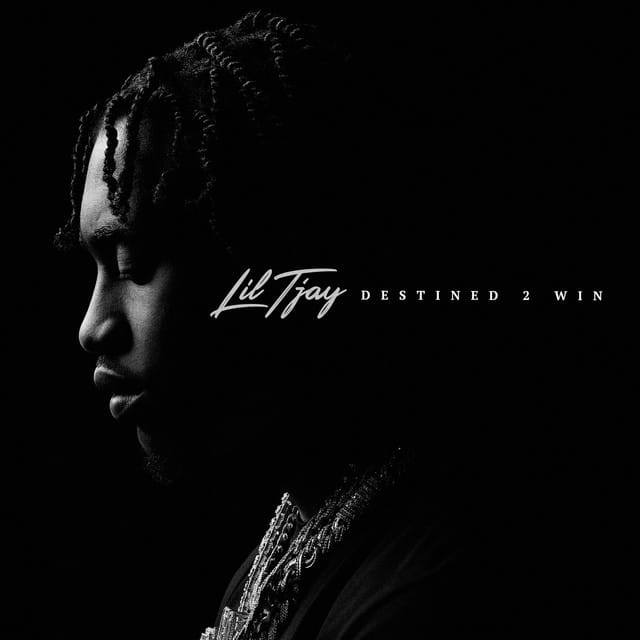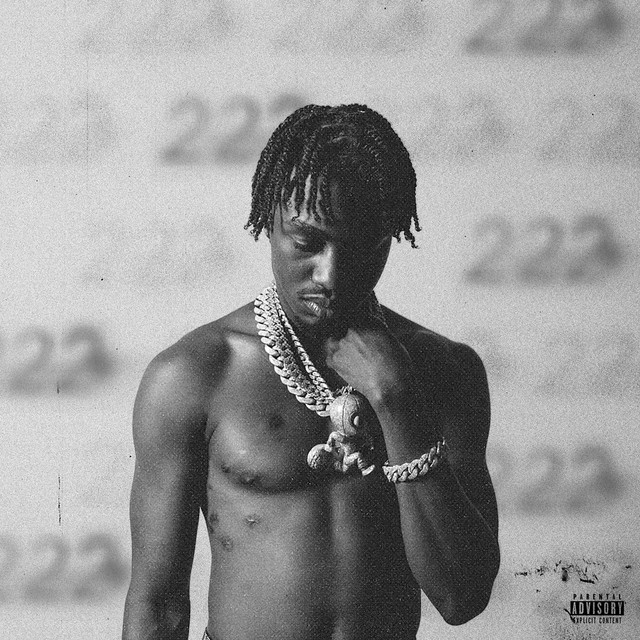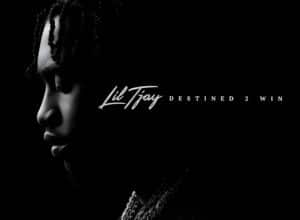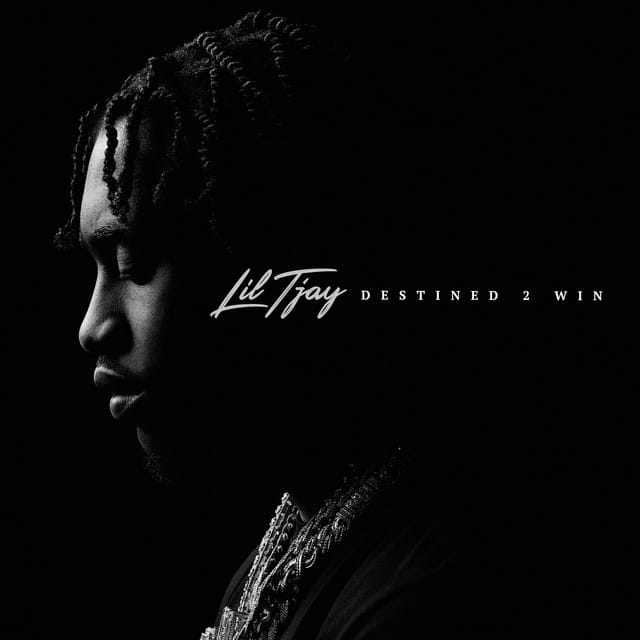Released: 2021 • Features: Offset, Moneybagg Yo
“Run It Up” is a gritty anthem with lyrics that epitomize the hustler mentality pervasive in hip-hop culture. Lil Tjay, Offset, and Moneybagg Yo each take turns detailing their rise from street corners to selling out shows, underscoring the notion of getting money no matter what. The song is a testament to their success, hard work, and determination, with each artist celebrating their journey and prowess through bold claims and vivid narratives.
Let’s peel back the layers on this one, verse by verse. The opening verse sees Lil Tjay flexing his wealth and status, using references like “I keep a Drac’, ain’t no OVO” to assert his independence and power. The Drac’ here is a reference to the Draco, a small, handheld firearm that is a popular symbol in hip-hop culture. His use of “ain’t no OVO” suggests he’s not signed to Drake’s label and is making it on his own terms. His verse is filled with battle-hardened resolve and street taut braggadocio, talking about coming from a tough neighborhood, surviving and essentially running it up, getting rich and successful.
The chorus, “Run it up, run it up…”, is a common mantra in hip-hop which essentially means to increase one’s wealth. Lil Tjay is clear about his intent – he’s all about stacking up his money and doesn’t care about who loves or hates him for it.
When Offset steps to the mic, his verse is an ode to luxury and opulence. He showcases his astronomical rise from the streets to stardom, filling his verse with references to high-end watches (“Richard Mille”), luxury cars (“Lamborghini with the bubble guts”), diamond chains, and leaving no doubt about his affluence.
In Moneybagg Yo’s verse, he outlines his journey from humble beginnings to defying the odds and making it big. He uses a brilliant line “Sold enough gas to go buy me a Texaco” indicating he sold so much drugs (gas is a slang for a high-grade marijuana) that he could buy a petroleum conglomerate like Texaco. But he also provides contrast by stating that now he’s “runnin’ up streams”, indicating that he makes his money legally through music streams.
Overall, “Run It Up” encapsulates a classic rags-to-riches narrative. The artists use ‘radical authenticity’, a common trope in hip-hop, along with street-centered braggadocio to emphasize their ascent from hardship to success while staying true to their roots. It’s a testament to their relentless grind, illustrating the power of persistence and ambition, and how one can indeed “run it up” when they stay true to their hustle.








